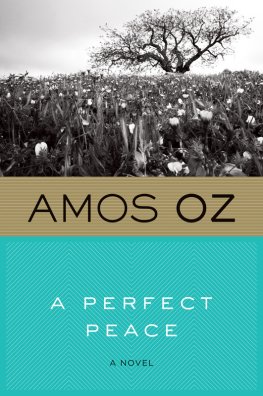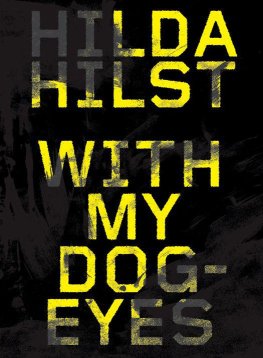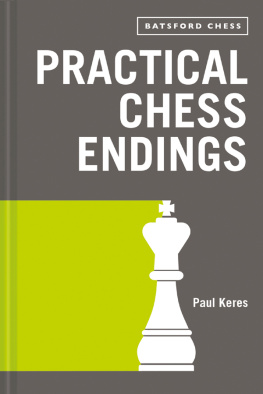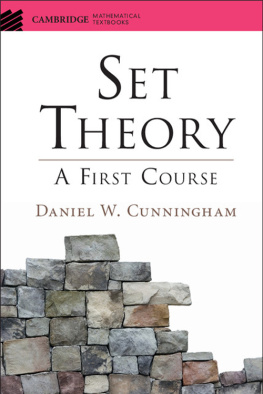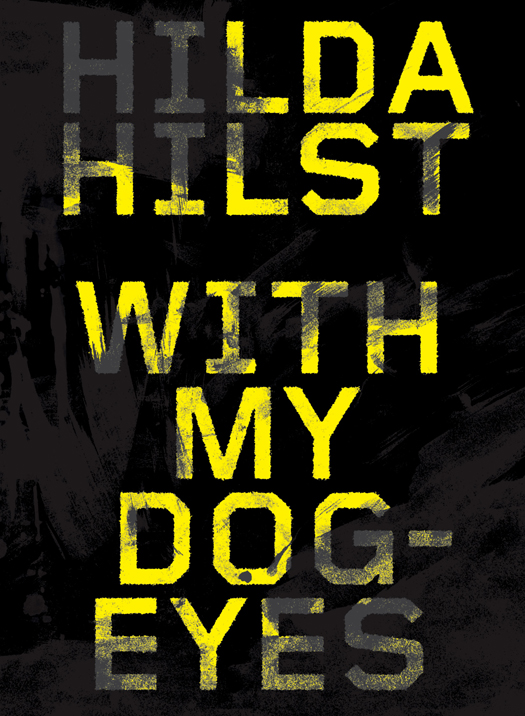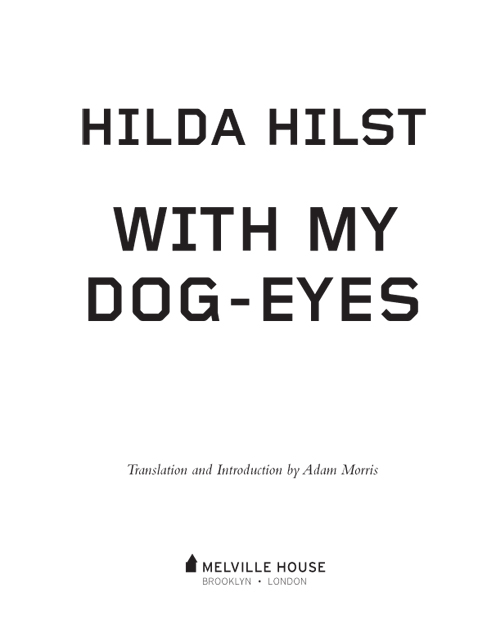PRAISE FOR HILDA HILST
ANDTHE OBSCENE MADAME D
Like her friend and admirer Clarice Lispector, Hilda Hilst was a passionate explorer of the sacred and the profane, the pure and the obscene.
BENJAMIN MOSER
This brief, lyrical and scalding account of a mind unhinged recalls the passionate urgency of Artaud and de Sades waking dreams in which sex and death are forever conjoined and loves vivid time irretrievably lost.
RIKKI DUCORNET
May just be the literary miracle of 2012 The Obscene Madame D stands at only 57 pages and yet manages to offer the reader a truly immersive experience unlike any of the classic tomes that brim with words.
ALEX ESTES, FULL STOP
In the sense that language is a cultural and political construct, Hilst breaks that construct and, in doing so, asks us to hear lifes eventual silence.
SARAH GERARD, LOS ANGELES REVIEW OF BOOKS
HILDA HILST was born in 1930 in Ja, Brazil. She was a prolific author whose works span many different genres, including poetry, drama, fiction, and newspaper columns. Born the heiress to a coffee fortune, she abandoned So Paulo and a law career in the 1950s to devote herself to literature, moved to the countryside, and built herself a house, Casa do Sol, where she lived until the end of her life with a rotating cast of friends, lovers, aspiring artists, bohemian poets, and dozens of dogs. She received numerous major literary prizes over the course of her career, including Brazils highest honor, the Prmio Jabuti. She died in 2004, at the age of seventy-three.
ADAM MORRIS is a PhD candidate in Latin American literature at Stanford University. An excerpt from his translation of With My Dog-Eyes won the 2012 Susan Sontag Foundation Prize for Literary Translation.
WITH MY DOG-EYES
Originally published in 1986 as Com meus olhos de co
Copyright 2014 by Daniel Fuentes
Translation copyright 2014 by Adam Morris
Introduction copyright 2014 by Adam Morris
First Melville House printing: April 2014
Melville House Publishing
145 Plymouth Street
Brooklyn, NY 11201
and
8 Blackstock Mews
Islington
London N4 2BT
mhpbooks.com facebook.com/mhpbooks @melvillehouse
ISBN : 978-1-61219-346-5
eBook ISBN: 978-1-61219-346-5
Design by Christopher King
A catalog record for this title is available from the Library of Congress.
v3.1
Contents
Translators Introduction
For many years toward the end of her life, Hilda Hilst spent every evening getting drunk on cheap whiskey, drunk to the point of not remembering the things she said or the fights she provoked. I drink because its the only way I can tolerate reality, she told a close friend and longtime resident of the Casa do Sol (The House of the Sun), the secluded estate where she lived and wrote for nearly forty years. There, surrounded by a rotating cast of friends, bohemian artists and poets, and a pack of dogs sometimes numbering more than one hundred, Hilda Hilst produced one of the most ambitious and original bodies of work in Latin American literary history.
Hilst had been born into one of the oldest and wealthiest families in Brazil, an heiress to the lands, if not the fortunes, of a So Paulo coffee dynasty. Her father, Apolnio de Almeida Prado Hilst, was a writer as well as a coffee baron. Hilst revered her father, and throughout her life attributed her prodigious literary talent to him. Unfortunately, mental illness also ran in the family for generations, and Hilsts father was diagnosed with paranoid schizophrenia shortly after her parents separated, when she was only two years old. Her mother also later suffered from dementia, and ended up confined in the same sanatorium to which her father had been committed years before. The specter of madness would loom over Hilsts entire career as a writer, inflecting her work with themes of insanity and contributing to her formidable reputation as an eccentric recluse.
After primary schooling in So Paulo province and secondary education in the city, Hilst studied law at the distinguished University of So Paulo. Class privileges allowed her to circulate among the elite, where she was acknowledged as one of the most beautiful women of her generation in 1950s Paulista high society. Though her suitors courted her with jewels and furs, Hilst chafed at the constraints of bourgeois values, choosing instead to smoke and drink in the company of writers and artists at a time when such behavior was considered worthy of prostitutes. Hilst had little patience for the sexual mores of her caste, and her sexual freedom became as well-known as her glamour and irreverent intellect.
By her early thirties, Hilst had abandoned a prestigious law career and promising marriage prospects, published a few books of poetry to critical praise, and traveled Europe. While in Paris, she stalked the filming of a Marlon Brando movie, determined to seduce the American actor. Though the affair was ultimately frustrated, she went so far as to bribe Brandos doorman and date his friend Dean Martin in an effort to get closer to the star. Upon her return, Hilst settled in So Paulos bohemian district, having decided to be a writer. It was only after reading Nikos Kazantzakiss Report to Greco that she resolved to devote the rest of her lifeevery hour of itto literature, and that to do so meant renouncing even the salons of bohemia. She constructed the Casa do Sol on inherited coffee fields near the regional city of Campinas as a home for her literary work. Once established on the estate in 1965, Hilst seldom left it, detesting even short journeys into Campinas. The coiffed and manicured former debutante let her hair grow long and cast aside couture and jewelry in favor of simple robes. She had gone to the Casa do Sol, she said, to make myself ugly.
The tenacity with which Hilst maintained this retreat earned her a reputation as a hermit madwoman in the So Paulo circles she had forsaken, but she was seldom alone. Though methodic about her work and defensive of the solitude in which she wrote, Hilst also took pride in her role as matriarch of what she called the elective family of artists and writers that came to live in the Casa do Sol: it was her lifelong repudiation of traditional family values. Even Hilsts marriage, to the sculptor Dante Casarini, was unconventional. During many of the years of their marriage, Dante lived in a house nearby, Hilst having jilted him for a younger man. The couple had also discovered that cohabitation was incompatible with Hilsts rigorous devotion to her craft. Highly knowledgeable in matters of astrology, Hilst attributed her stringent work ethic to the zodiac. She believed that writing caused an intensification of her Taurine traits, though this was perhaps an excuse for the imperious and gruff severity with which she dismissed anything or anyone standing in the way of her creation. Hilst and Casarini eventually divorced in 1985, and though Hilst had taken other lovers, Dante remained a close friend and presence at the Casa do Sol throughout her life.
Members of Hilsts elective family also included aspiring young poets who admired her ferocious dedication to her art. They turned up in Campinas hoping to be apprenticed to Hilst and offering to serve as personal secretariesor as one of them put it to her over the telephone when he called to seek her mentorship, offering to be the Beckett to her Joyce. The habit of sheltering beautiful young men, many of them gay, only contributed to Hilsts notoriety. But she set her poet-apprentices to work, summoning them to read her poems aloud to her: it was her preferred method of editing her verses. For Hilst, poetry existed primarily as sound.


